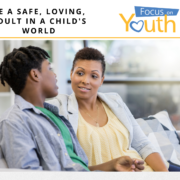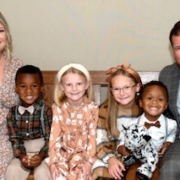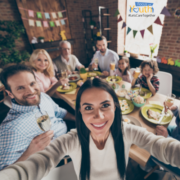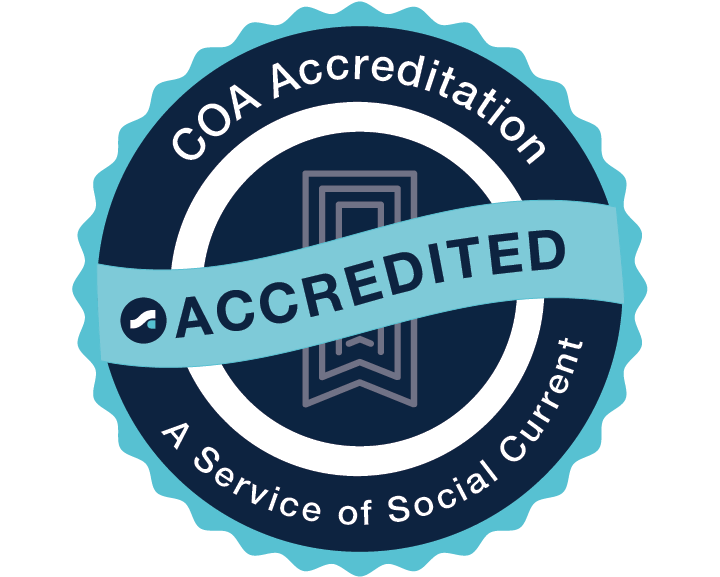A Much-Needed Respite
“Will you become a respite caregiver for me?”
The words tumbled out of her sister’s mouth as soon as she answered the phone. Isabella’s sister was caring for 10 foster children and needed help. So, Isabella took a deep breath and said yes. That yes to respite care grew into foster care, kinship care, and eventually adoption. Though foster parenting can be challenging sometimes, she knows the challenges present opportunities to make a difference in a foster child’s life and possibly in their parents’ lives too.
Looking back, Isabella realizes her own biological family paved the way for her foster parenting and adoption journey. “I am blessed with such a big family,” she explains. “In my family, we all have adopted children. We just open our family up and allow others to join. We are blessed and try to share our blessings with others. In childhood, our mother shaped our hearts by her opening our home to others in need.” This welcoming family culture made it easy for her to invite foster children in. By simply being welcomed with love and support, their lives would be changed for the better.
Though her desire to help never faltered, becoming a single parent after divorce made her question whether she should continue foster parenting. Could she handle the challenges of foster care on her own? Despite having a supportive extended family, she opted to shield herself and her son from the unknowns of foster care by stepping away from it for a while. The break didn’t last long. When faced with a child in need, she became a kinship caregiver and found a new perspective.
Although her first kinship caregiving experience was filled with trauma related behavior challenges, Isabella continued to open her home and heart to other children and bio parents. Her own experiences with alcohol as a young adult gave her deep compassion for bio parents fighting addictions and struggling with life. She not only loved each of these children but also their bio families and supported the goal of reunification.
While fostering 3 children, Isabella extended her love and support to their mom. She helped the bio mom locate housing and a job after the bio mom voluntarily completed a substance abuse treatment program. She extended the bio mom’s support system by connecting her with a church and, encouraged by Isabella’s actions, the bio mom continued making positive lifestyle changes. Their partnership evolved into family. Bio mom and Isabella continue to talk daily. She calls Isabella mom while her children call Isabella and her husband grandma and grandpa.
Through fostering children and relationships with bio parents, Isabella understands that all kids love their families no matter what those families did to them, and that “if bioparents do not have a chance to come out of their situation by receiving help from others, then they are likely to stay in their situation. Sometimes, a person gets caught in a mess that they don’t know how to get out of without a support system to support their well-being and a different way of life.” Isabella has had successful and unsuccessful experiences with bio parents and reunification. Nonetheless, her family’s culture of sharing love and support continues. “We just open our family up and allow others to join,” she says. “We are blessed and try to share our blessings with others.”









